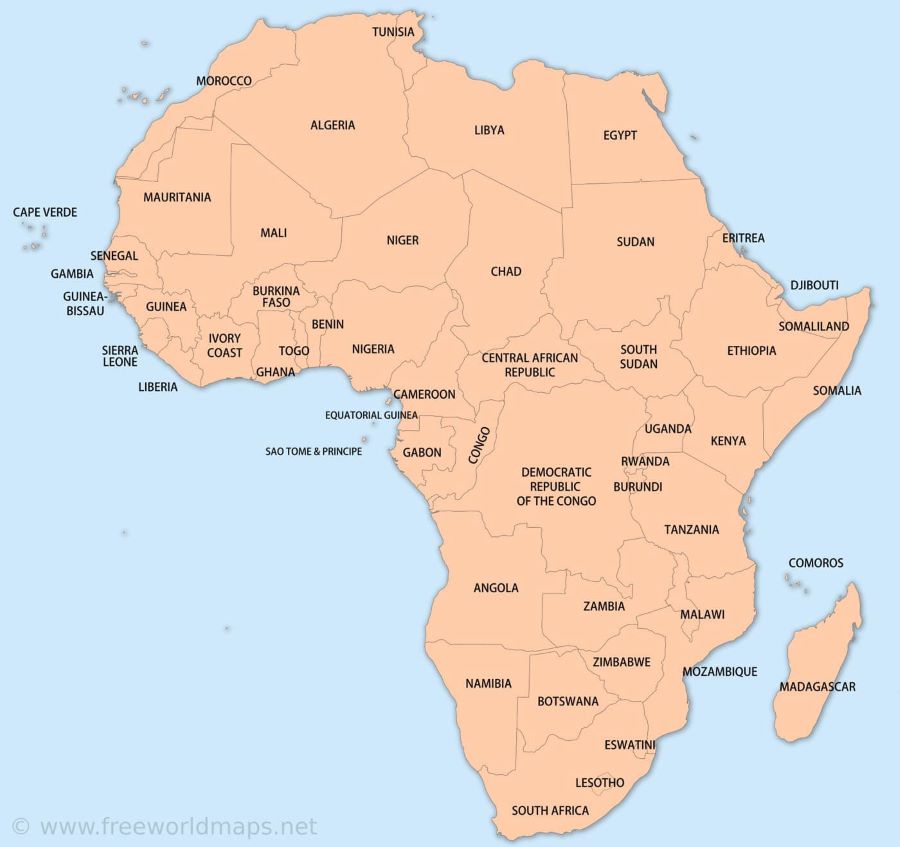
WFW provides Key insights for foreign investors in the African resource sector
London, January 24, 2025, (Oilandgaspress) –––Indaba 2025: Treaty Protections for Resource Investments in Africa. This article is part of a Watson Farley & Williams ( WFW) Insight mini-series ahead of Indaba 2025. Drawing on the firm’s deep experience and expertise in the energy and resources sector, the mini-series provides key insights for foreign investors in the resource sector in Africa. This first article offers an overview of treaty-based investment protections in key African jurisdictions, with a particular focus on the African Continental Free Trade Area and recent investor State dispute settlement awards. Upcoming topics include funding and enforcing investment arbitration awards, available remedies and an examination of how allegations of corruption can impact upon arbitral processes and investor claims.
The importance of Foreign Investment
Foreign investment is an important driver of economic growth, especially for many African States where it can play a pivotal role in the development of domestic mineral resources. In recognition of the value of foreign investment, in February 2023 the African Union (“AU”) adopted the Protocol on Investment under the Agreement Establishing the African Continental Free Trade Area (“the AfCFTA Protocol”) to facilitate and protect investment between its parties. For other, non-AU, investors, there are also a range of bilateral investment treaties (“BITs”) and free trade agreements (“FTAs”) that are useful tools to mitigate sovereign risk and encourage capital investment.
This Insight article examines the AfCFTA Protocol and explains what it offers to intra-African investors. It then explains the broader range of treaties potentially available to protect foreign investors from outside of Africa and provides examples of how these treaties have been used by investors in the resources sector. Understanding how to access these protections is critical for any foreign owned resource project in Africa and should be a key consideration at an early stage of any project.

The African Continental Free Trade Area’s Protocol on Investment
The AfCFTA Protocol aims to facilitate and protect intra-African investment and align regulatory strategies by building upon existing policies and best practices that apply within its parties. It is intended to replace the current 156 BITs that are in force between the AfCFTA Protocol’s parties, which Article 49(1) requires each party to terminate within five years of the AfCFTA Protocol entering into force.
While finalising an investment agreement between all of the AU Member States is a momentous achievement, the AfCFTA Protocol contains a range of limitations as compared to traditional BITs and FTAs that will likely limit its impact, including:
replacing the broadly understood concept of fair and equitable treatment (“FET”) with a narrower “Administrative and Judicial Treatment” provision that only obliges States to not deny justice in legal proceedings or allow for denials of due process, manifest arbitrariness, discrimination or abusive treatment in administrative or judicial proceedings;
limiting the obligation to provide full protection and security to “physical” protection and making this “subject to [each State’s] capabilities”;
containing significant limitations on the non-discrimination obligations contained in the National Treatment and Most-Favoured Nation provisions; and narrowing the right to compensation for expropriation.
The AfCFTA Protocol itself also does not contain investor-state dispute settlement – a key mechanism in many BITs and FTAs that enables private investors to directly enforce treaty protections against their host State. While Article 46(2) and (3) of the AfCFTA Protocol does require the parties to negotiate an Annex to govern disputes between investors and States, this is not due to be finalised until 12 months after the entry into force of the AfCFTA Protocol. An early draft of the Annex did allow for recourse to international arbitration by the investor (“Investor-State Dispute Settlement” or “ISDS”), including under the International Centre for Settlement of Investment Disputes and United Nations Commission on International Trade Law arbitration rules. However, it is unclear if binding ISDS will survive through to the final Annex – particularly considering domestic policy developments in some AU Member States in regard to ISDS.

Existing African investment treaties
For investors from outside of Africa, AfCFTA’s benefits are likely to be limited. However, there are still a range of existing BITs and other treaties with investment provisions that apply to foreign investment into key mining jurisdictions within Africa (see Table 1).
| Country | Number of BITs in force |
|---|---|
| Algeria | 29 |
| Angola | 9 |
| Botswana | 2 |
| Côte d’Ivoire | 10 |
| Democratic Republic of Congo | 6 |
| Egypt | 72 |
| Gabon | 9 |
| Ghana | 9 |
| Guinea | 10 |
| Libya | 26 |
| Mali | 8 |
| Morocco | 59 |
| Mozambique | 19 |
| Namibia | 8 |
| Niger | 6 |
| Nigeria | 14 |
| Sierra Leone | 2 |
| South Africa | 12 |
| Tanzania | 11 |
| Zambia | 10 |
| Zimbabwe | 12 |
Table 1: Bilateral investment treaties applicable to selected African jurisdictions (source: UNCTAD).
To benefit from these treaties, investors need to ensure their investment meets the relevant requirements under each agreement – including but not limited to ensuring that the investment is structured through a country that is party to the relevant treaty. Once these and other requirements are met, these treaties can be useful guarantees against adverse regulatory developments and mitigating political and sovereign risk.
Information Source: Read More
Oil and gas press covers, Energy Monitor, Climate, Gas,Renewable, Oil and Gas, Wind, Biomass, Sustainability, Oil Price, LPG, Solar, Marine, Aviation, Fuel, Hydrogen, Electric ,EV, Gas,

